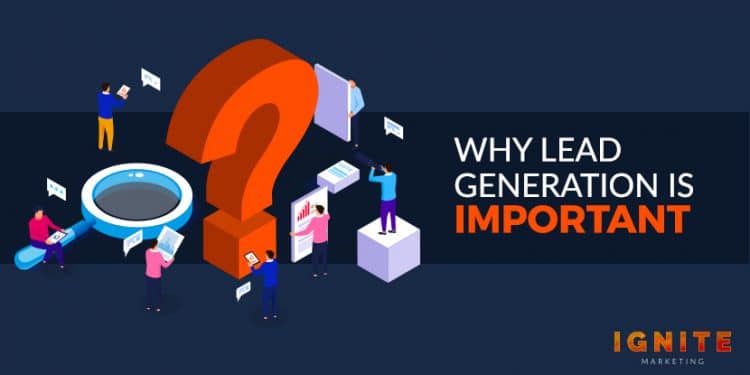


Lead generation is a term that many business owners have probably heard about ‒ but some might not fully understand what all the fuss is about.
So, why is lead generation important? Lead generation is important because it attracts prospective customers and warms those prospects up to the idea of making a purchase.
To learn more about lead generation and why it’s an integral component of a modern marketing strategy, read on.
Lead generation is the process of attracting prospective buyers and capturing their contact information with the intent of nurturing them toward making a purchase.
To be thorough, I’ll also clarify what a lead is.
A lead is a person who has expressed interest in your product or service and might be open to buying it in the future.
Leads typically express their interest by giving you their contact information in exchange for a piece of useful content, a discount, or a free demo of a product.

Lead generation has become one of the essential pillars of any marketing strategy. Any business that wants to bring in customers needs to have a solid plan for generating leads under their belt.
This wasn’t always the case, though.
Before the internet and its seemingly infinite collection of instantly accessible information, consumers had relatively few opportunities to research products. The primary information channels included television, radio, print newspapers, books, and other limited avenues of communication.
People couldn’t pull out their phones and spend hours reading up on an interest or product they were considering buying. If they wanted to learn about something a company was selling, they had to rely almost entirely on the company’s sales representatives to fill them in.
This process worked well enough, as everybody expected things to work this way. Uninformed buyers expected to be educated by salespeople, and salespeople expected to be dealing with buyers who knew little to nothing about their product. Because this was the status quo, consumers were both accepting and trusting of the things the salespeople said.
Things are different now.
Thanks to the internet, buyers are much more informed than they used to be. Gone are the days where salespeople could leisurely walk clueless prospects down a smooth path toward purchasing. Today’s buyers are likely to be just as knowledgeable as the salespeople on the products they’re purchasing.
They’re also far less open to being sold to. With the proliferation of robocalls, spam email, ad blockers, and junk mail, people are much harder to reach than they used to be. Most consumers rarely answer a call or read an email from somebody they don’t know. And if they do, they’re quick to hang up or close out the page as soon as they catch a whiff of sales talk.
So if today’s buyers aren’t open to being sold to, how do you sell things to them?
It’s simple: you don’t go for the sale right away.
Instead, you get their contact information and slowly build up a relationship before trying to get a conversion.
This is what lead generation is all about: capturing the contact information of prospective buyers and using it to build trust. This is what it takes to sell to the informed consumer and succeed in the modern business world.
The increase in the knowledge consumers have access to isn’t the only thing the internet has changed. It’s also much harder to get their attention now.

As I mentioned, the only media available to the consumers of the past were extremely limited in scope. There were a relatively small number of TV channels, newspapers, magazines, and radio stations that everyone listened to. If you wanted to reach your target market, you merely had to buy ad space on one of these communication mediums.
While these kinds of interruptive advertising methods are still prevalent, they’re much less effective than they used to be. People are spending more of their time searching on Google, watching YouTube videos, and endlessly scrolling through their preferred social media site.
And while these platforms do have advertising options, many people ‒ especially younger people ‒ are less susceptible to these ads than older generations are.
The point is that it’s harder to get the attention of your target market.
There are far too many exciting things on the internet for most people to care about whatever ad you’re running. And those that do take an interest in your ad still probably won’t trust you enough to buy whatever you’re selling.
To gain both the attention and trust of modern buyers, you need to employ a subtler approach. By employing a lead generation strategy that focuses on content creation and building a trust-based relationship, you’ll bring in way more revenue than if you blasted sales messages to everyone you could find.
Now that we’ve covered the underlying fundamental benefits of lead generation, it’s time to turn to some more concrete advantages. The first of these is that you’ll attract more prospects with lead generation than without it.
The foundation of every lead generation campaign is content. You need to produce a series of thoughtful, helpful content to attract people to your website. You’ll also need at least one piece of exceptionally useful content to give consumers in exchange for their contact information.
By producing content for lead generation, you’ll inevitably attract more prospective customers. People will find your blog posts through search engines, your videos through YouTube, and your infographics and other types of content through social media sites.
As long as you’ve got a lead magnet set up, all of this traffic going to your website will result in additional leads for you to follow up with. And if your sales funnel is set up correctly, some of those leads will become new customers.
Lead generation isn’t just about getting an email address or a phone number.
To make the effort of getting that information worthwhile, you need to nurture your leads through a combination of email marketing campaigns, phone calls, remarketing, and other middle-of-the-funnel (MOFU) and bottom-of-the-funnel (BOFU) strategies.
The nurturing campaign is the whole point of getting the contact information of prospects. Without it, you’re no closer to making a sale than you were before you had their email address or phone number.
Remember, this new version of lead generation has developed in response to consumers who don’t want to be bothered by salespeople. Immediately making a hard sell will alienate many consumers who may have eventually purchased if you spent time nurturing them.

One of the best things about using lead generation in your marketing strategy is that it’s incredibly cheap to implement.
Setting up a website, creating some content, and throwing up a lead magnet with a signup form are all virtually free to do. If you’re willing to invest some time into learning the technical details behind these steps, you can set up a lead-converting juggernaut without spending more than a few bucks on web hosting.
To add to this, the ROI that focusing on lead generation can bring is astronomical compared to the cost. So if you’re operating on a tight budget, investing your time into lead generation will be well worth the effort.
If your business is large enough, you’ll likely have a sales team dedicated to turning potential buyers into additional revenue. By having your marketing team qualify and score leads before sending them to sales, you’ll save your sales team the headache and productivity loss of talking to leads who have a low likelihood of buying.
Lead generation is important for several reasons.
